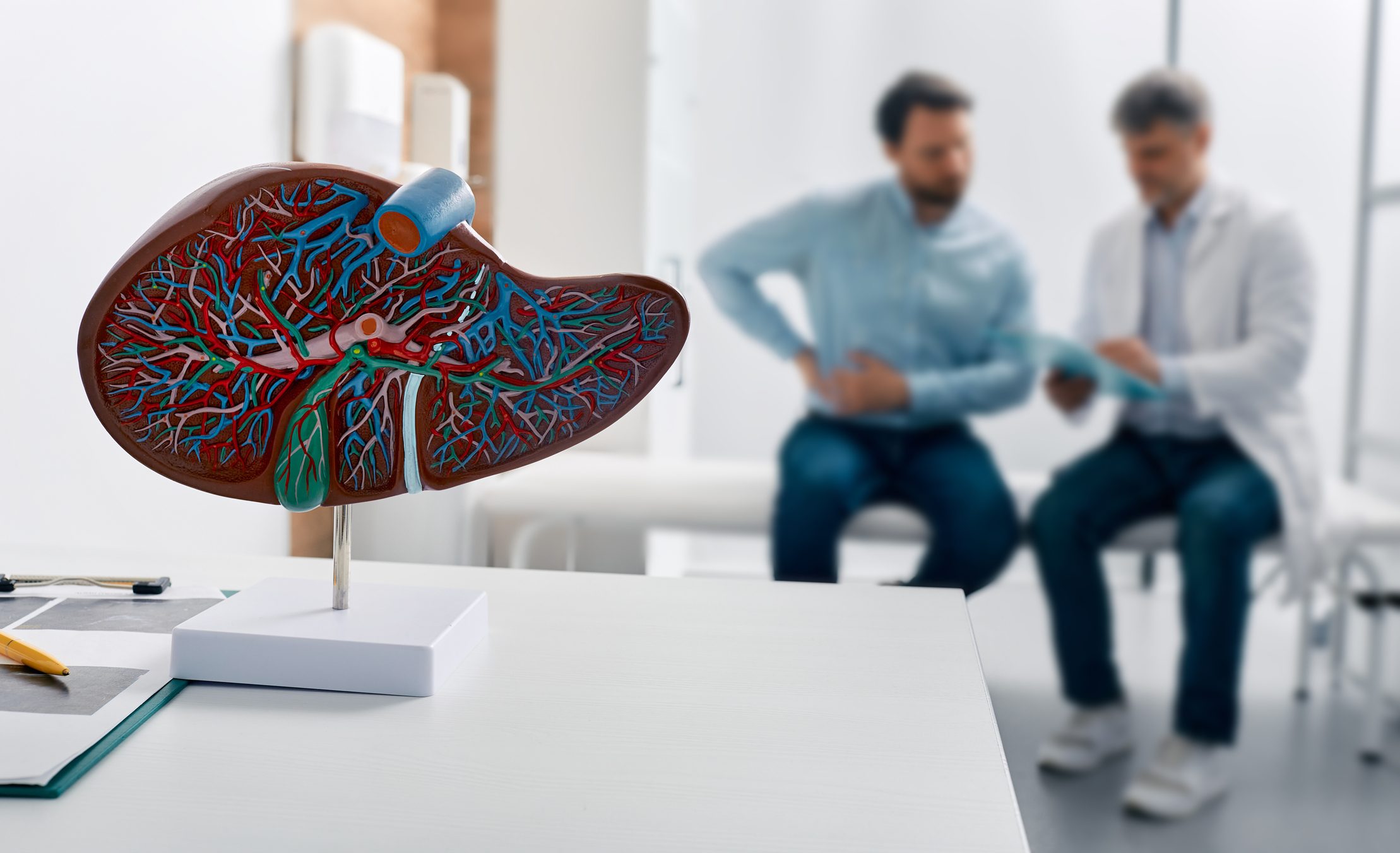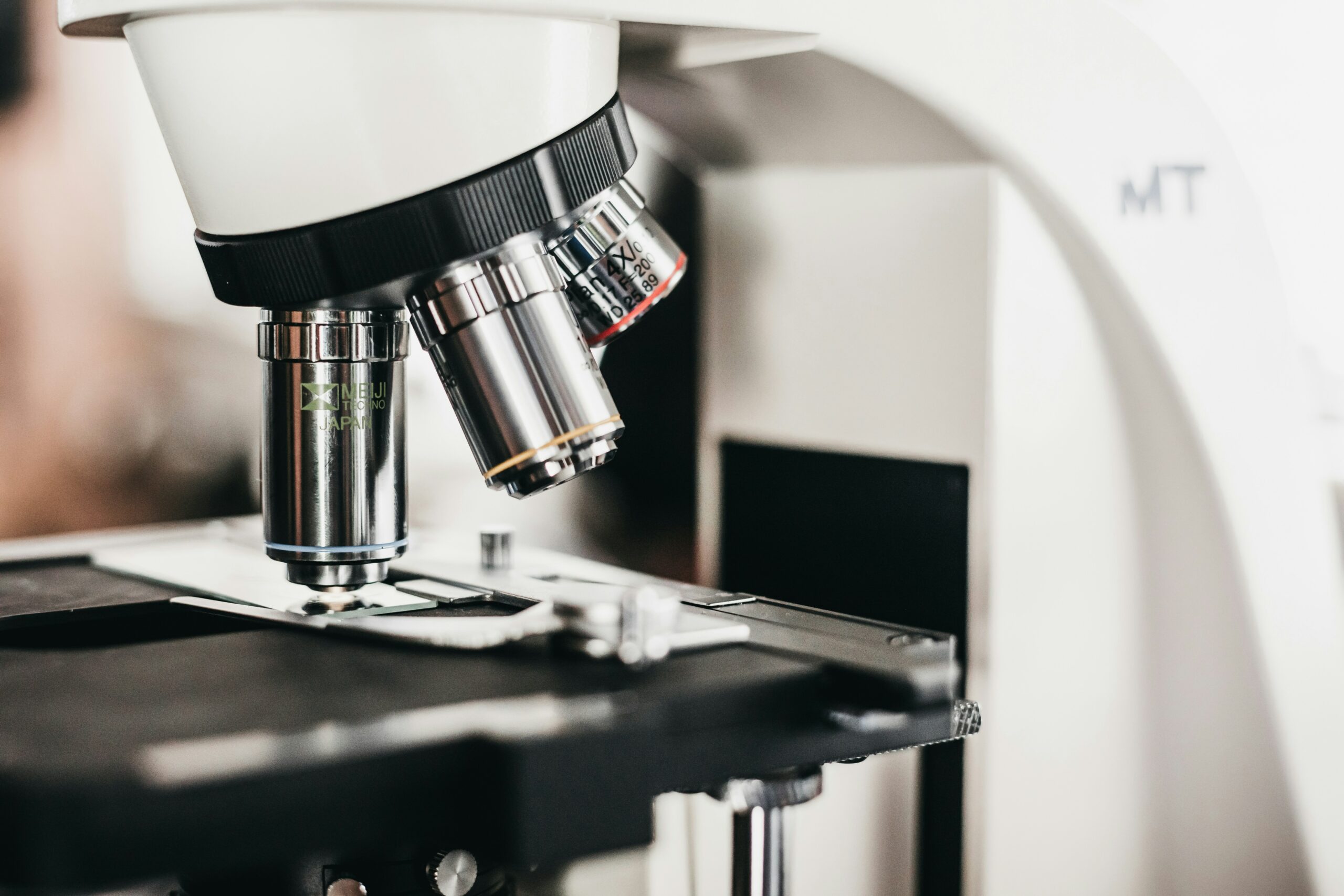Home » News and events »
ExaLT trial reaches recruitment milestone

More than 130 patients have benefitted from exercise interventions that may reduce frailty pre- and post- liver transplantation.
Patient recruitment reached halfway point for the University of Birmingham’s ExaLT study, a phase IIb, randomised-controlled clinical trial investigating the efficacy of a home-based exercise and motivational programme in patients before and after liver transplant.
With 133 patients joining in the first 14 months, the team recruited half of the overall target sample, consisting of 266 adult patients who are awaiting a cadaveric, primary liver transplantation (LT).
“The ExaLT trial is the largest trial of its kind in the world…. Performing a trial of this magnitude in some of the sickest patients in the NHS is a huge undertaking, yet the patients and their families have been involved in the whole trial journey from concept, design to participation – and for that the trials team are very grateful.”
– Dr Matthew Armstrong
The ExaLT trial is sponsored by the University of Birmingham Clinical Trials Unit (BCTU), funded by the NIHR Efficacy and Mechanism Evaluation Programme and supported by the NIHR Birmingham Biomedical Research Centre (BRC). The study is based at the Liver Transplantation units of the Queen Elizabeth University Hospital, Birmingham and the Royal Free Hospital, London.
The primary aim of the trial is to investigate whether a remotely monitored ‘home-based exercise and theory-based motivation support programme’ delivered by physiotherapists before and after liver transplantation improves quality of life in LT recipients compared to a control group using a patient ‘exercise’ advice leaflet.
To establish this, participants are randomised 1:1 to receive either the remotely-monitored home-based exercise and theory-based motivation support programme whilst on the LT waiting list and through to 24 weeks post-LT, or the patient exercise advice leaflet before and after LT. The efficacy of the support programme is primarily measured by comparing the patients’ physical component score from the short form-36 version 2.0 (SF-36v2) health-related quality of life questionnaire, 24 weeks after the transplant.
Dr Matthew Armstrong, Consultant Hepatologist at University Hospitals Birmingham NHS Foundation Trust, researcher within the BRC’s Inflammatory Liver Disease research theme, and Chief Investigator of the ExaLT trial, said: “For years patients with advanced chronic liver disease who require a life-saving liver transplant have been told they are ‘too sick’ to exercise. Undergoing a liver transplant is like overcoming Everest, as the physiological and psychological stress of the procedure is huge to the extent it can take months to recover or return back to activities of daily living.
“The ExaLT trial is the largest trial of its kind in the world investigating our own unique, physiotherapy home-based exercise and motivation programme in patients awaiting liver transplant, with the primary aim to improve their quality of life and physical function after the transplant.
“Recruiting 133 patients in 14 months is a phenomenal effort by the entire multidisciplinary team, including BRC research nurses, physiotherapists, support staff, clinical fellows, the BCTU trials team and the clinical investigators. Performing a trial of this magnitude in some of the sickest patients in the NHS is a huge undertaking, yet the patients and their families have been involved in the whole trial journey from concept, design to participation – and for that the trials team are very grateful.”

